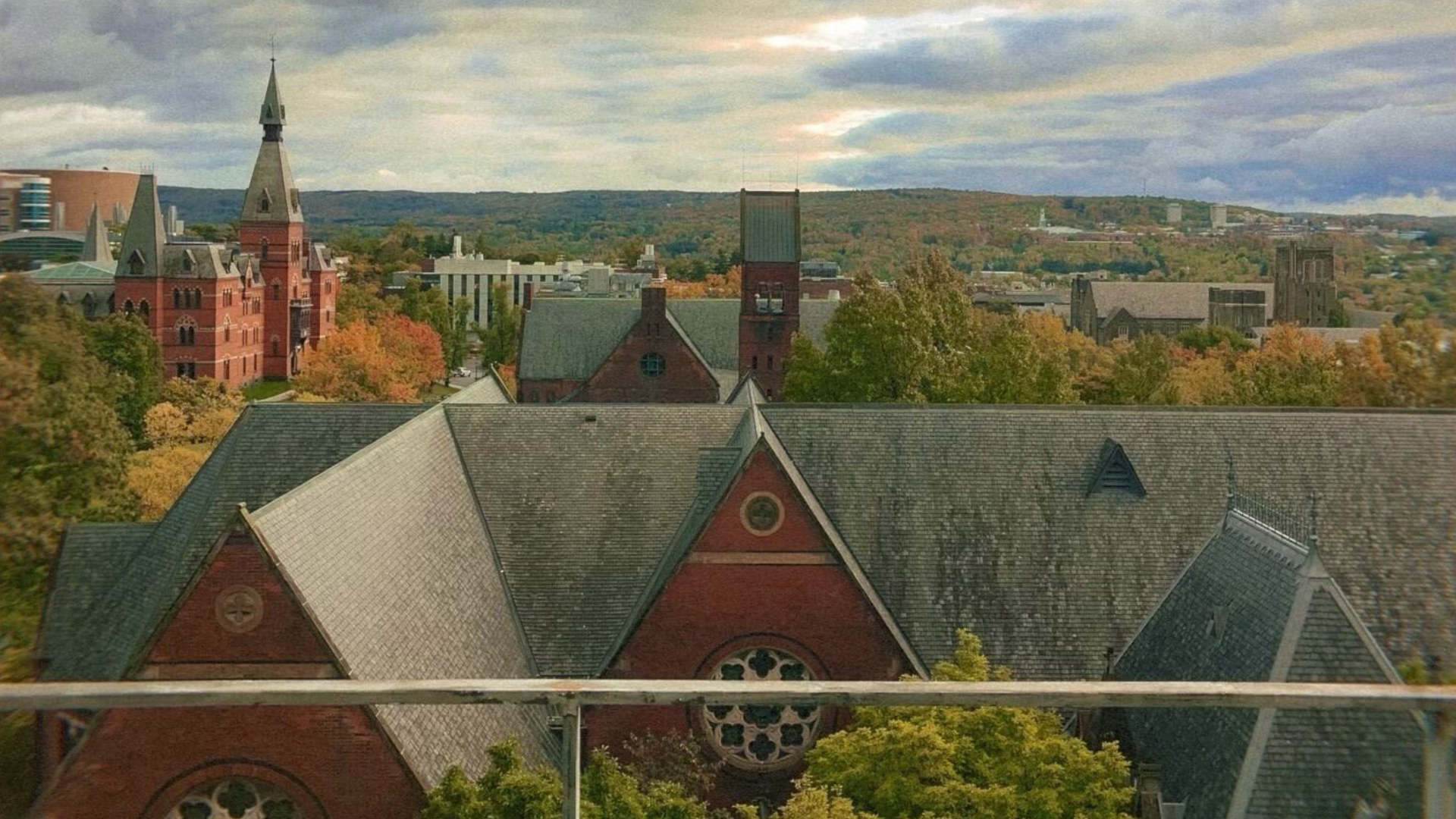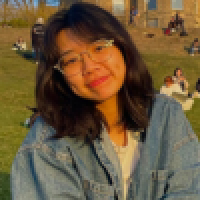Riding the Transfer Rollercoaster: My Academic Journey to Cornell

Blog Post
Excitement. Doubt. Fear. Hope. The transfer process is an emotional rollercoaster, and I experienced every twist and turn before finally arriving at Cornell University. Leaving my first institution wasn't easy—I had built friendships, connected with professors, and found my place on campus. The thought of starting over at a larger, more academically rigorous school was daunting. But looking back, it’s the unexpected turns, challenges, and moments of uncertainty that made the journey meaningful.
I decided to transfer because of Cornell's vast opportunities. I received a Transfer Option (TO) to the College of Agriculture and Life Sciences (CALS) as an Animal Science major. At the time, I wanted to become a veterinarian, and I saw this as an incredible chance to gain early exposure to the field during my undergraduate years. The TO application process was straightforward. With support from information sessions, Cornell Chatter, and conversations with Cornell Ambassadors, I felt confident every step of the way.
Finding My True Path
Even after transferring, my academic journey was far from linear. I came across a major called Biology & Society (BSOC)—a major that explores the social, ethical, and political dimensions of modern biology. It resonated with my desire to connect science with its broader societal implications. Switching to BSOC opened up new academic possibilities, allowing me to take classes outside my major, such as nutrition science and anthropology. These courses broadened my perspective and challenged me to rethink what I truly wanted from my education.
Everything changed when I took “Adult Psychopathology” (PSYCH 3250) with Dr. Harry Segal in my sophomore spring. The course examined disorders of mood, thought, anxiety, and personality—not just as clinical diagnoses but as variations of the human experience. Growing up in South Korea, where mental illness is often stigmatized, I had never encountered such an open and thoughtful discussion on the subject.
Intrigued, I began attending Dr. Segal’s office hours regularly. His support and encouragement deepened my interest in psychology, ultimately leading me to apply for an internal transfer to the College of Arts & Sciences. I wanted a comprehensive education—one that recognized science’s broader societal and human implications. Psychology, as a discipline, perfectly bridged the gap between science and social issues, helping me understand the complexities of human behavior, societal dynamics, and cultural influences. As a second-semester sophomore, when most students were settling into their declared majors, I found myself writing yet another transfer application, opening a new door in my educational journey.
Embracing the Possibilities at Cornell
Now, as a junior majoring in psychology with a minor in nutritional sciences on the pre-med track, I look back on my journey with gratitude. It hasn't been easy—there were moments of doubt, sleepless nights spent studying until 3 AM, and times when I questioned whether transferring was the right choice. But there were also 3 AM conversations with friends, moments of intellectual discovery, and an ever-growing sense of belonging.
I'm still on that roller coaster, and I am not afraid to admit that I am unsure of my destination. But now, I embrace every twist and turn.
I extend my warmest encouragement to those transfer students experiencing "imposter syndrome" by sharing my experience. There is no "right" path for a student to take (but do finish your graduation requirements!). Rather than chasing a perfect blueprint, trust that growth often comes from detours, uncertainties, and unexpected turns. Your path is valid, and you're exactly where you need to be to keep moving forward.

